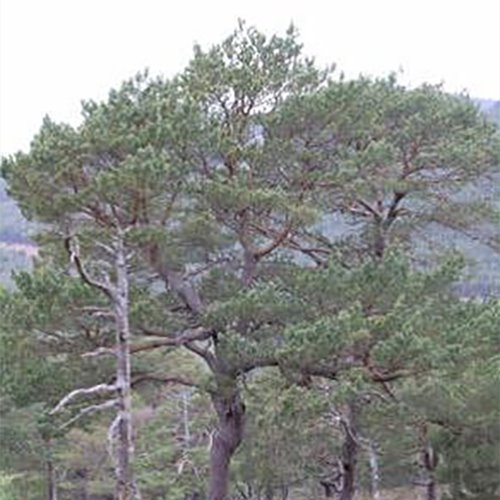 Investigating Natural Plant Resistance as a Management Tool against Browsing Herbivores
Investigating Natural Plant Resistance as a Management Tool against Browsing Herbivores
Julianne O'Reilly-Wapstra - 2004
Browsing of seedlings and trees by pest species in forestry plantations is an economic problem in eucalypt and pine plantation establishment and management throughout Australia.
An exciting area of research in Australian forestry is the use of natural plant resistance as a means of reducing the amount of damage herbivores cause in plantations.
Research into natural plant resistance to herbivores is being conducted at the Macaulay Land Use Research Institute in Aberdeen, Scotland, by Dr. Glenn Iason and his colleagues. The plant herbivore group at the Macaulay Institute is the largest group of researchers in Europe studying the interactions and consequences of herbivores in heterogeneous landscapes.
In April 2004 I traveled to the Macaulay Institute to conduct a research project in collaboration with Dr Iason titled ‘Investigating natural plant resistance as a management tool against browsing herbivores”. Scots pine (Pinus sylvestris) is a native species to Scotland that is browsed significantly by vertebrate and invertebrate herbivores including the large black slug (Arion ater). Needles from Scots pine are rich in terpenes, a plant secondary metabolite, which act as an anti-herbivore defence mechanism. The concentration of terpenes between individual trees varies significantly and is maternally inherited.
The specific aims of my research project were to investigate the relationship between Scots pine genotype, herbivory by the slug, and plant terpene concentration.
My project provided insight into plant resistance in another forestry system and how this is utilised by researchers to better their understanding of the ecological processes between a tree species of interest and the animal pests that feed on it.
This knowledge is used directly by researchers in Scotland in implementing management strategies when establishing Scots pine plantations and when conserving remnant Scots pine native forests.
The knowledge, skills and collaborative links that I established during my stay at the Macaulay Institute will benefit future research in the management of browsing pest species in Australian forestry.
Download Report